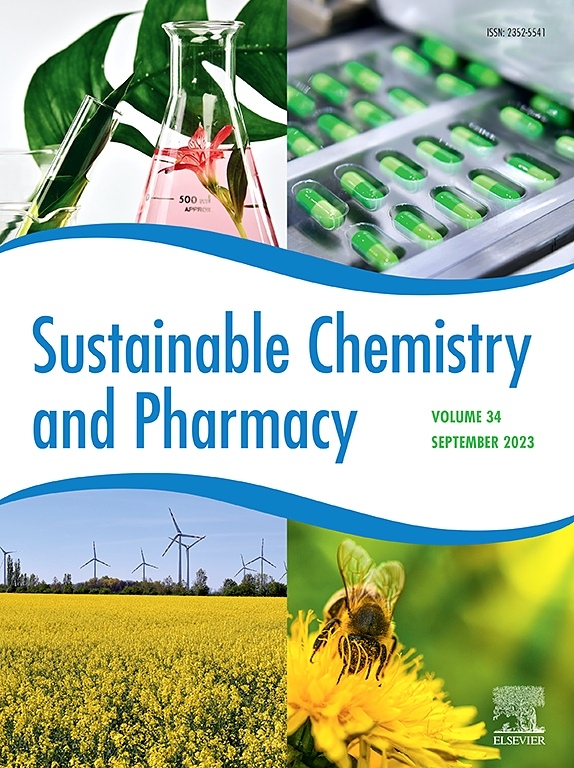The impact of oxides of cementitious materials on mortar strength: A machine learning perspective
IF 5.8
2区 化学
Q2 CHEMISTRY, MULTIDISCIPLINARY
引用次数: 0
Abstract
This study uses machine learning to predict the compressive strength of cement-sand mortar incorporating supplementary cementitious materials (SCMs). The research addresses a gap in the literature by specifically examining how the oxide composition of SCMs influences mortar strength. Using a dataset of various mortar mixes, several machine learning models were tested, with the extreme gradient boosting (XGB) model emerging as the most effective, achieving a testing R2 of 0.90. The results show that the curing period is the most influential factor on compressive strength, followed by the oxide compositions of the SCMs. This work highlights the potential of machine learning for enhancing material performance predictions and supports the development of more sustainable and durable construction practices.

胶凝材料的氧化物对砂浆强度的影响:机器学习的视角
本研究使用机器学习来预测含有补充胶凝材料(SCMs)的水泥砂砂浆的抗压强度。该研究通过专门研究SCMs的氧化物成分如何影响砂浆强度来解决文献中的空白。使用各种砂浆混合物的数据集,测试了几种机器学习模型,其中极端梯度增强(XGB)模型最有效,测试R2为0.90。结果表明,对混凝土抗压强度影响最大的因素是养护时间,其次是混凝土的氧化物成分。这项工作强调了机器学习在增强材料性能预测方面的潜力,并支持更可持续和耐用的建筑实践的发展。
本文章由计算机程序翻译,如有差异,请以英文原文为准。
求助全文
约1分钟内获得全文
求助全文
来源期刊

Sustainable Chemistry and Pharmacy
Environmental Science-Pollution
CiteScore
8.20
自引率
6.70%
发文量
274
审稿时长
37 days
期刊介绍:
Sustainable Chemistry and Pharmacy publishes research that is related to chemistry, pharmacy and sustainability science in a forward oriented manner. It provides a unique forum for the publication of innovative research on the intersection and overlap of chemistry and pharmacy on the one hand and sustainability on the other hand. This includes contributions related to increasing sustainability of chemistry and pharmaceutical science and industries itself as well as their products in relation to the contribution of these to sustainability itself. As an interdisciplinary and transdisciplinary journal it addresses all sustainability related issues along the life cycle of chemical and pharmaceutical products form resource related topics until the end of life of products. This includes not only natural science based approaches and issues but also from humanities, social science and economics as far as they are dealing with sustainability related to chemistry and pharmacy. Sustainable Chemistry and Pharmacy aims at bridging between disciplines as well as developing and developed countries.
 求助内容:
求助内容: 应助结果提醒方式:
应助结果提醒方式:


